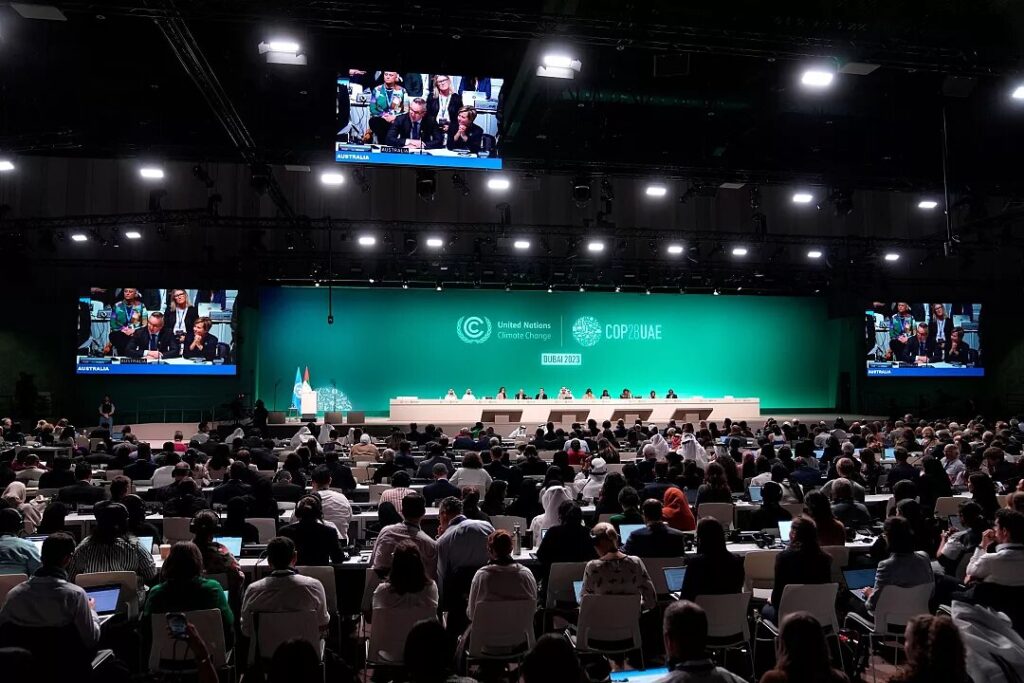The humanity has a strong addiction to fossil fuels and in order to achieve real progress in the fight against the climate change it is necessary to move from talk to action and abandon this dependence, he said. Inger Andersen.
At the closing of the COP28the executive director of the United Nations Environment Programme (UNEP) stressed that the solutions are in place and we already know what needs to be done, but action can no longer wait.
It should be noted that the countries meeting at the COP28 agreed to stay away from the fossil fuelsHowever, they did not commit to total elimination.
"COP28 has achieved, for the first time in climate change negotiations, a clear call for countries to move away from fossil fuels. The agreement is not perfect, but one thing is clear: the world is no longer in denial that humanity has a harmful addiction to fossil fuels. Now we must move from talk to action. The phase-out of fossil fuels is inevitable," Andersen said.
The official stressed that effective measures are needed to achieve a rapid transition away from the current system and to ensure a smooth transition. fossil fuelsespecially in the case of the G20, and take effective action on the many other positive aspects agreed at COP28, such as the Global Goal framework on Adaptation, the launch of the Loss and Damage Fund, and new commitments on sustainable refrigeration, methane reduction, tripling of renewable energy targets and extraordinary progress on nature.
"The reality, as noted in the Emissions Gap Report published by UNEP prior to the COP, is that we are not on track to achieve a resilient, just and low-carbon world. This reality has not yet changed. The hard work of decarbonization must now begin," he warned.
The executive director of the UNEP indicated that to have any hope of achieving these changes, in line with what the science demands, much greater funding must be mobilized to support countries in a just, equitable and clean transition, which is especially important for developing nations that must make the leap to a development with low carbon emissions.
Consequently, he said, financing and means of implementation are critical, as all developing countries must have the capacity to urgently end energy precariousness, harness their development potential, and meet the goals of the Millennium Development Goals. sustainable development.
Source: UN Environment


